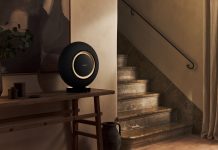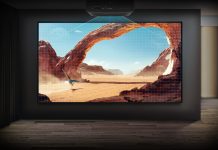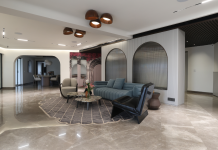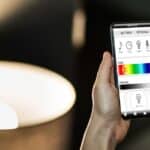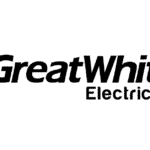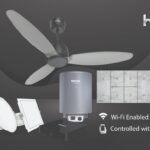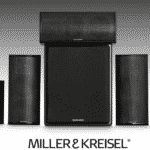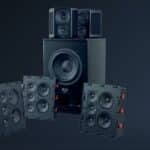
“We will soon be witnessing more evolved systems and updated technologies, designed to achieve a better energy management.”- says Anika Mittal Dhawan, Mold Design Studio
The use of technology in smart homes can be truly beneficial when used to reduce the energy consumption of a building or a space. There are multiple ways of cutting power consumption. Through remote/sensor-operated lighting, smart air-conditioning, energy efficiency monitoring etc., energy consumption can be reduced substantially. “Today, even security systems can be used not just for intrusion alarms but also for detecting internal (and/or external) hazards of fire /smoke and gas leakages. Another aspect of smart homes is that it offers ultimate convenience to the client with lighting, AV, security etc. integrated into a single system”, says Anika Mittal Dhawan, Founder & Director, Mold Design Studio, New Delhi.
Why do you think the concept of smart homes is gaining rapid popularity these days?
Smart homes are gaining popularity as they help to make spaces more convenient and comfortable with modern amenities, secure and energy-efficient technologies that are accessible through mobile devices like the smartphone/ tablet/ laptops. Smart home technology is becoming more and more affordable these days. Also, the easy availability of internet connection at affordable rates immensely contributes to the growing popularity of smart homes.
Who (consumer groups) are opting for smart homes the most?
The primary consumer groups for smart homes are the tech-savvy audience and the younger generation, which is more comfortable with technology and capable of making ideal use of it. Besides, even the older generation is ready to adopt smart technology for the sake of convenience.
What according to you are the must-have smart home products in today’s contemporary homes?
The must-have products today are advanced security features like door locking systems, video door phones and cameras for smart surveillance. Even lighting controls help in energy saving and also add to the luxe element of any space.
What role does system integrators play when it comes to designing a smart home? How important is their role?
System integrators play an essential role and involving them at an early stage can bring in technological expertise in hardware, software, networking, integration of different individual controls, cloud solutions, security, and issues related to execution. This also helps in creating an end-to-end solution for the customer.
Devices of which category (lighting, security, entertainment etc.) witness maximum demand among the smart home enthusiasts? Why?
Currently, in India, home security systems, lighting for energy efficiency, scene-setting & dimming, AC controls, curtains/blinds and audio-visual related home automation systems witness maximum demand, as this help to make the house user-friendly and help in creating a safe and energy-efficient environment.
How would you define the current demand for smart home integrations?
The demand for smart home integration is growing more and more. The concept of smart homes could mean different things for different owners. In smaller formats, you can see people are already using smaller devices/ products like smart speakers or smart lights or Alexa or google Wi-Fi devices. The remote working culture has definitely been a factor for increased understanding and demand.
In which sector (hospitality, commercial, residential), according to you, traditional devices and techniques are getting rapidly displaced to make room for smart devices and systems, aided with the latest technologies? And why?
COVID-19 has really expedited the use of smart technology in the hospitality sector. Initially, smart technology was about luxury but now it has become a necessity. The pandemic has created a need for contactless surfaces. Smart integrations are highly prioritized these days because of the use of presence-based detection systems.
Due to COVID-19, automation in the office will play an important role by integrating efficiency with minimum surface contact. Also, the latest products like Bio-dynamic lighting (artificial lights adjust to replicate the daylight) contribute to the well-being of the employees, eventually resulting in better productivity.
In what ways do you think the concept of smart homes has contributed to the lifestyles of working professionals?
Smart homes make the lives of the dwellers more convenient and efficient. Everything, ranging from lighting, air-conditioning, security system, curtains/ AV to mere gadgets, can be integrated into a single app. This helps one to keep a check on the devices and receive alerts.
Do you see any challenging factor (economic, social, environmental etc.) that has the strong potentiality to restrain the smart home industry? What, according to you, are the possible solutions?
Since everything is integrated and saved on a centralized cloud, the challenge is to deal with issues of cyber threats and data privacy. However, these issues can be easily taken care of.
How do you foresee the Smart home industry 5 years down the line?
The smart home industry will only keep growing, getting bigger and better.



